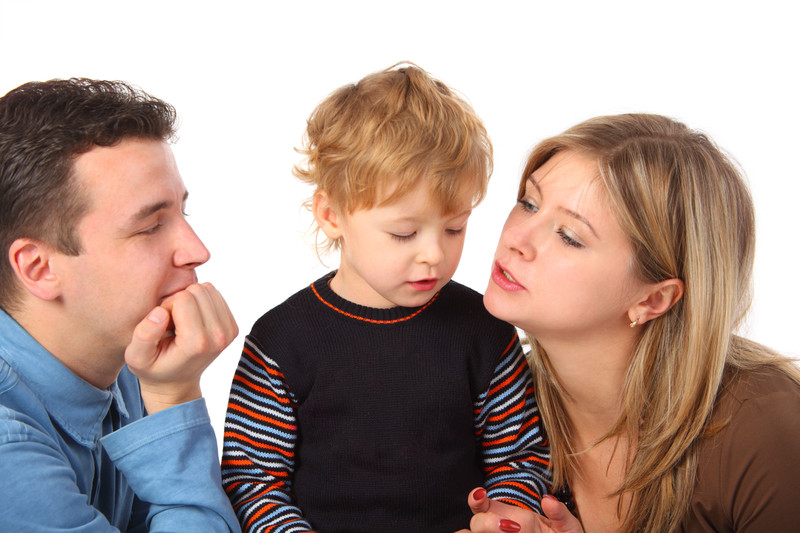Divorce is an extremely difficult thing for a family to experience. No one walks down the aisle on their wedding day, thinking, “In 10 years, we will be getting a divorce.” For many parents, navigating how to remain co-parents during this process is tricky, as is putting aside their own hurt and pain to keep their children out of the middle and out of the grownup decision-making. Kids may feel a sense of abandonment and rejection and even have difficulties in their own future relationships if their parents can’t learn how to have a healthy relationship after a divorce. It’s true that divorce will never be easy, but there are things that parents can do to minimize the damage and help their children become thriving, healthy individuals despite the pain they experienced.
In the case of abuse and domestic violence, however, co-parenting may not be in you or your child’s best interest. For more help on this topic, please seek out professional help and support. A website that can be helpful is The National Domestic Violence Hotline http://www.thehotline.org/is-this-abuse/abuse-defined/
Strategies to successfully co-parent following a divorce:
Sit Down Together & Talk To Your Child(ren)
In the event of divorce, it’s extremely common for kids to blame themselves and have thoughts of, “if only I had been better behaved or done _____, Mom and Dad wouldn’t be doing this.” One of the most important things that children need to understand is that the divorce isn’t their fault. Parents should sit down together with their children and explain that this was an adult decision that they made together, not something that the kids caused. It is also important for the child to understand that as they were not the cause of the divorce, it isn’t up to them to make their parents change their mind.
Keep the Kids Out of the Middle
Unfortunately, sometimes going through a divorce can bring out the worst in people. Either person can feel so much hurt themselves that they want to hurt their ex-partner, and sadly kids can find themselves stuck in the middle of their parents hurt. Kids need their mom and dad to be civil toward each other even when they don’t love each other anymore. Amidst the pain of a divorce, it can be hard to muster up any good feelings about the other person, but even to have the mindset of, “I respect this person because he/she is my child’s parent” can be enough. Do not disparage the other parent when your child is present or ask them to choose sides.
Don’t Overwhelm Children With Details
Your children do not need to know all of the reasons behind your divorce. Keep the affair, financial problems, or other painful truths about the split from them; it’s not their burden to carry. All they need to know is that this was a grown-up decision that means their mom and dad will no longer live together or be married.
Set Healthy Boundaries
Divorces are usually not very clear cut, and it’s not uncommon for parents to not be exactly on the same page about the best ways to raise their children (differences in morals and beliefs can be a core cause of divorce). However, learning how to co-parent and support one another in setting healthy boundaries at each home is really important for consistency for your child. It is important for kids to know that their parents will still back each other up in parenting. For example, if a child was given a consequence of no screens at Dad’s house, it’s important that Mom follows through with this at her house too. This will help to decrease future triangulation and manipulation in parenting too!
The bottom line is that divorce can absolutely be painful and messy. I always tell my clients that they will have to work harder at their relationship after the divorce than ever before. The good news is as your child sees you working hard together and co-parenting, they will never worry that they are unloved, or that they have to choose who they love- which sets them up to be successful adults in the future.


comments +